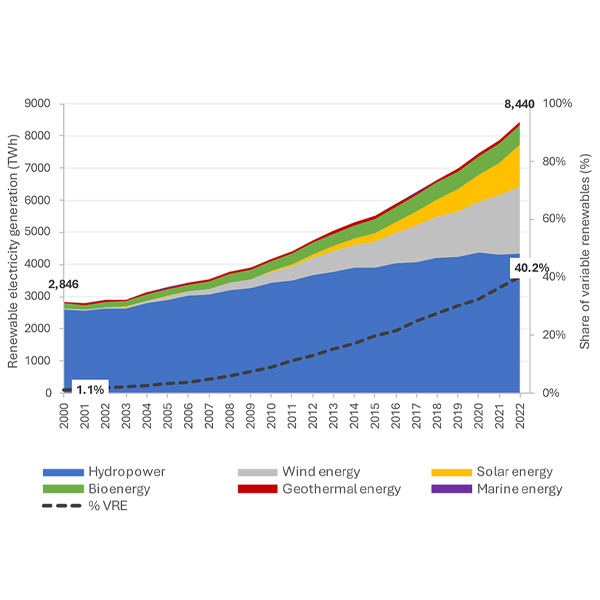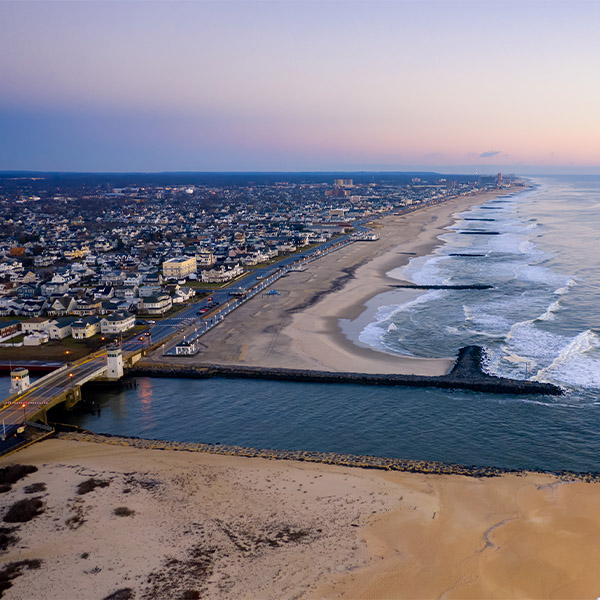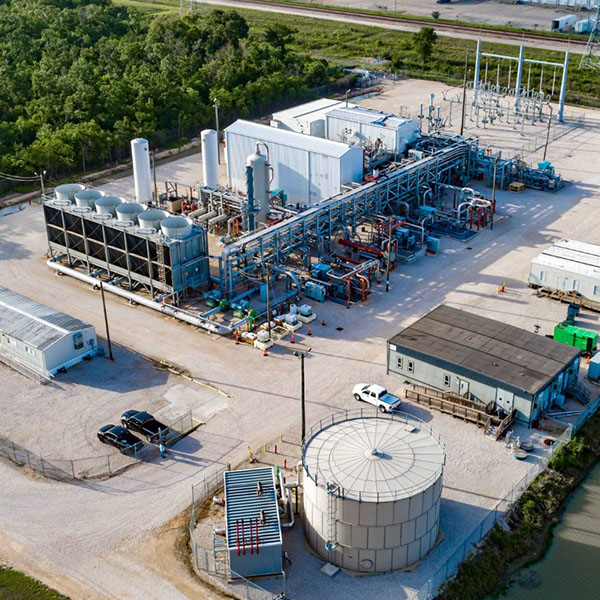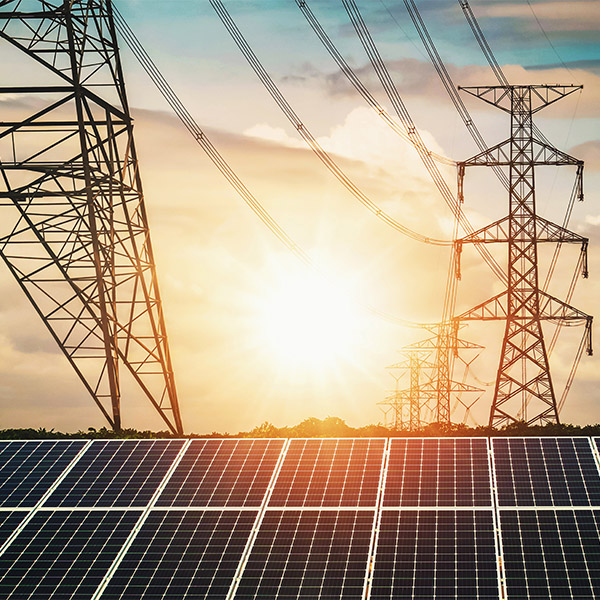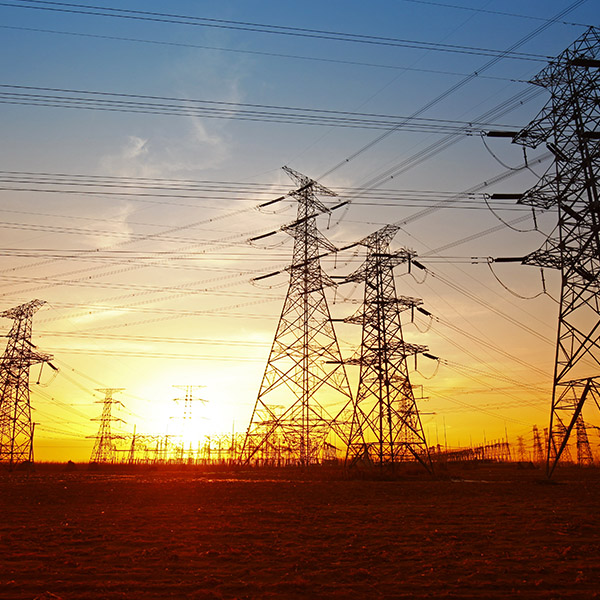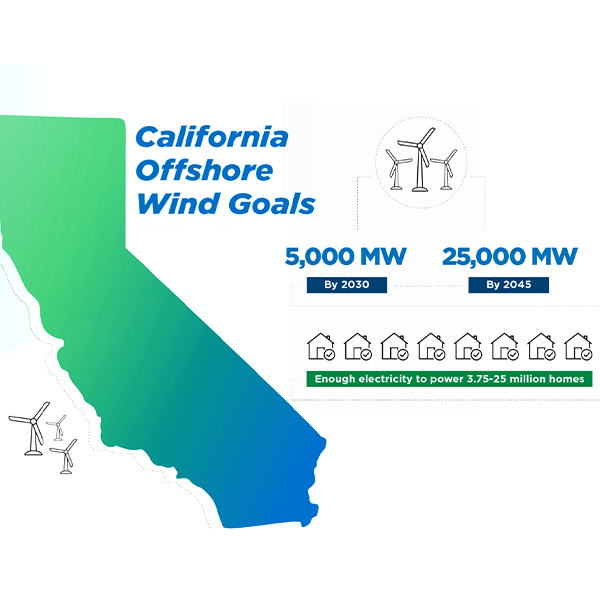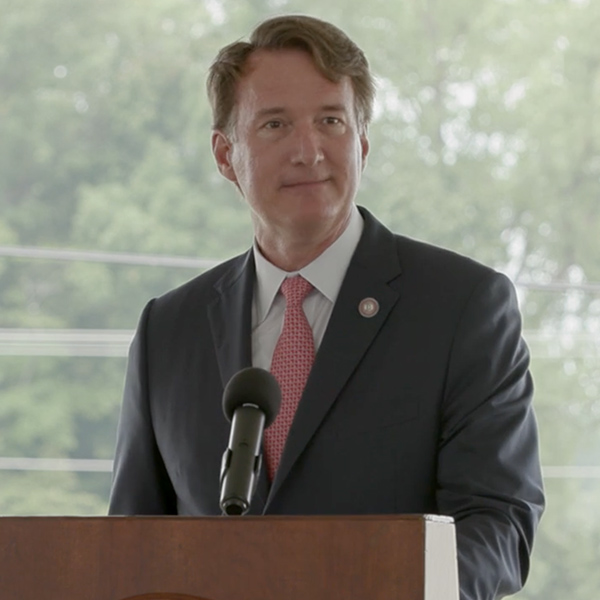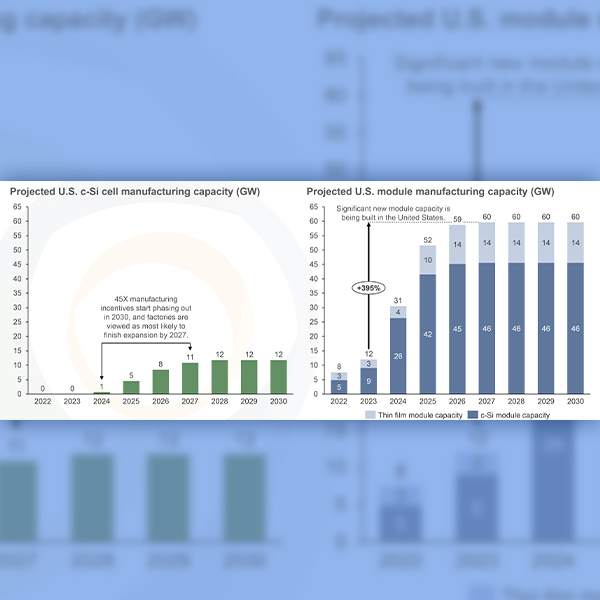NetZero Insider
Agriculture & Land UseBuilding DecarbonizationCookingEnergy EfficiencySpace HeatingWater HeatingCommentary & Special ReportsConference coverageCompany NewsEquity & EconomicsEmployment & Economic ImpactEnvironmental & Social JusticeFederal PolicyCongressDepartment of EnergyLoan Programs Office (LPO)Department of TransportationEnvironmental Protection AgencyFederal Energy Regulatory CommissionGeneral Services Administration (GSA)Interior DepartmentBureau of Land ManagementBureau of Ocean Energy ManagementNuclear Regulatory CommissionTreasury DepartmentWhite HouseGeneration & FuelsBioenergyFossil FuelsCoalNatural GasGeothermalHydrogenNuclearSMRRenewable PowerCommunity solarHydropowerOffshore Wind PowerOnshore Wind PowerSolar PowerRooftop solarUtility scale solarImpact & AdaptationIndustrial DecarbonizationState and Local PolicyAlabamaArizonaCaliforniaCA LegislationCalifornia Air Resources Board (CARB)California Energy Commission (CEC)California Public Utilities Commission (CPUC)ColoradoConnecticutDelawareDistrict of ColumbiaFloridaGeorgiaHawaiiIdahoIllinoisIndianaLouisianaMaineMarylandMassachusettsMichiganMississippiMissouriMontanaNevadaNew HampshireNew JerseyNew MexicoNew YorkNYSERDAPublic Service CommissionNorth CarolinaOhioOregonPennsylvaniaRhode IslandSouth CarolinaTennesseeTexasUtahVermontVirginiaWashingtonWest VirginiaWisconsinWyomingTechnologyCarbon CaptureTransmission & DistributionEnergy StorageMicrogridsTransportation DecarbonizationAirplane DecarbonizationEV chargersHeavy-duty vehiclesBattery Electric Buses (BEB)Fuel Cell Electric Buses (FCEB)Light-duty vehiclesBattery Electric VehiclesFuel Cell VehiclesPlug-in hybrid electric vehiclesShip electrificationClean Ports
Installed capacity of renewables rose 14% in 2023, the largest one-year jump this century and much higher than the 10% compound annual growth rate from 2017-2023.
One of the proposals contains a rebid of a project that already holds a New Jersey contract
Questions from energy reporters at a USEA briefing on emerging cleantech shifted the focus to what will happen to U.S. energy policy if Donald Trump is re-elected president.
The agency is working to focus the strategic objectives of its utility-funded Electric Program Investment Charge program to better support the state’s ambitious goals to decarbonize its economy.
California lawmakers have advanced a bill aimed at streamlining approval of transmission projects, but not before substantially stripping down the legislation.
The California Energy Commission approved a strategic plan that details how the state can reach its goals of 5 GW of offshore wind power by 2030 and 25 GW by 2045.
Dominion Energy Virginia issued a request for proposals from developers to build a small modular reactor at its existing North Anna nuclear plant.
The Massachusetts Department of Public Utilities has expedited the state’s review process for municipal aggregation plans.
Ten East Coast states signed a memorandum of understanding to set up a framework to coordinate interregional transmission planning and development.
The U.S. solar market may face major domestic supply chain gaps as it heads toward 2030, according to a report released ACORE and CEA.
Want more? Advanced Search
